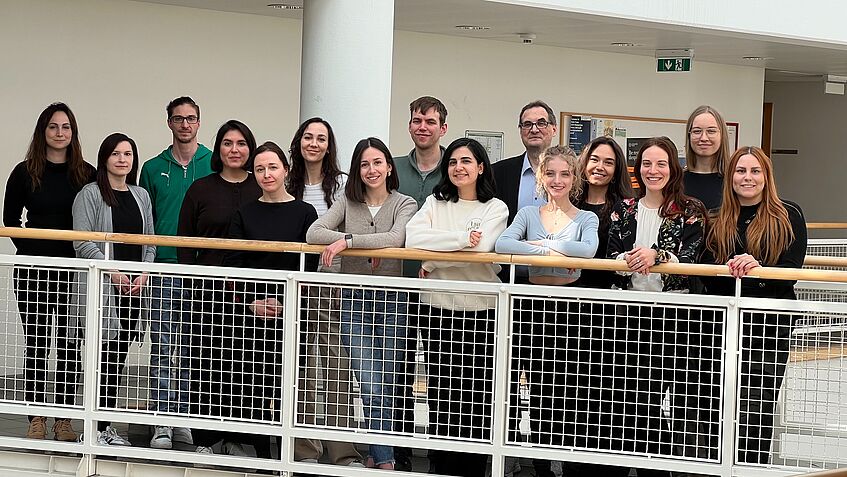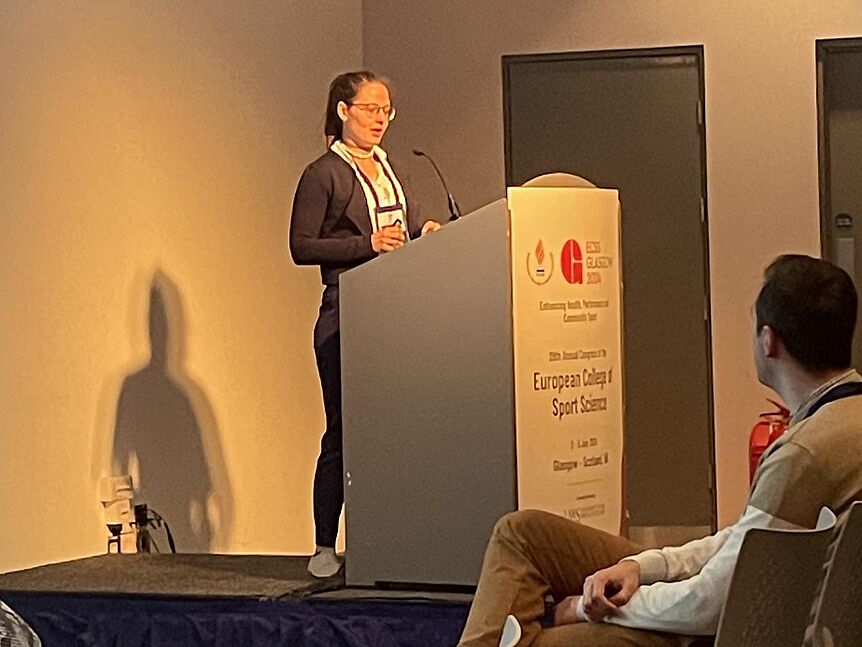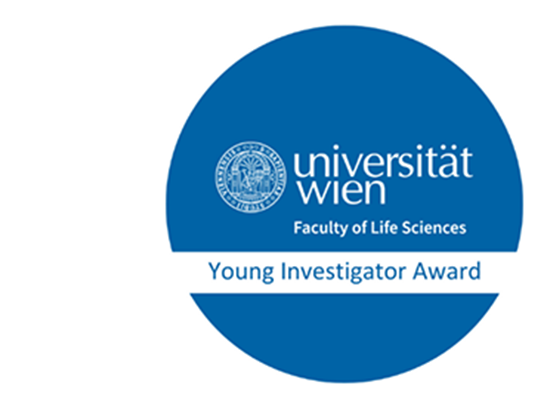Emerging Field Oxidative Stress and DNA Stability

(Fotos: Universität Wien)
Oxidative stress is "a condition that is characterized by the accumulation of non-enzymatic oxidative damage to molecules that threaten the normal functions of a cell or the organism". It is involved in the etiology of a large number of human diseases such as cardiovascular diseases, cancer, neuropathological disorders like Parkinson's and Alzheimer's disease, diabetes, and rheumatoid arthritis but also with Ageing. The continuous exposure to reactive oxygen species (ROS) from exogenous and endogenous sources results in oxidative damage of cell components and alterations of cellular functions. Some of these changes can be used as markers of oxidative stress. A large number of different techniques have been developed to monitor oxidative damage and its consequences. Besides, these approaches can be used to identify dietary antioxidants and their mode of action.

As an experimental research group, we investigate how lifestyle factors - such as diet, specific food components, phytochemicals, physical activity and physiologically active non-food compounds (e.g. bile pigments) - influence oxidative stress and DNA stability, with a primary focus on human metabolism. Our work includes human intervention trials, cross-sectional studies and case-control analyses, as well as the investigation of underlying mechanisms through in vitro experiments.
In the laboratory, we use state-of-the-art techniques to analyse a wide range of biomarkers in a variety of biological samples. Our methods include the quantification of antioxidant compounds and the application of biochemical and molecular tools to monitor oxidative damage to macromolecules and their by-products. A major focus of our research is on reactive oxygen species (ROS)-induced DNA and chromosomal damage, DNA repair processes and the regulation of antioxidant defences - investigating enzyme activity, transcription factors and gene expression responses.
With this background we initiated at University of Vienna the research platform "Active Ageing" (http://activeageing.univie.ac.at/), since ageing is considered to be one of the European Grand challenges with profound impacts on economic sustainability, social structures and healthy care delivery and sustainability. Understanding the etiology of sarcopenia in the elderly on a molecular basis is critical to prescribing more effective nutritional, lifestyle and/or pharmaceutical strategies to prevent, delay or reverse the loss of muscle mass and strength with aging.
Research activities are mainly funded by the Austrian Science Fund (FWF), National Bank, European Commission (Framework Program, Horizon 2020, Horizon Europe), European Union - Cross Border Co-operation and the University of Vienna.
A large national and international scientific network of well-respected research partners guarantees comprehensive approaches, knowledge transfer and continuous development of new biomarker.
We are also dedicated to train and involve advanced students within our different research projects.






